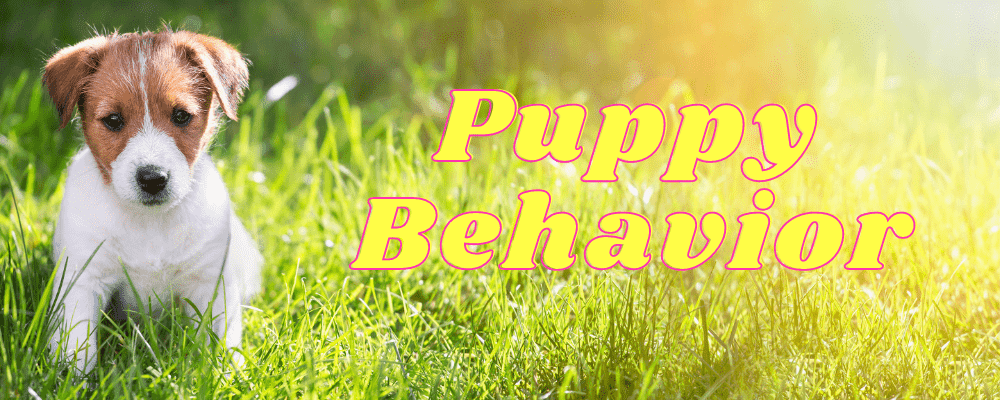If you’re a new puppy parent, you know puppies are adorable but also a handful! You need be patient and understanding with your puppy, so work on training him as soon as he comes home with you. Basic obedience training sets your puppy up for a lifetime of success! Address behavior problems early. They are much easier to manage before they become a pattern of behavior.
Here is a list of training tips to help calm a few of the more unwelcome but normal puppy behaviors.
Mouthing and Chewing
Mouthing and chewing are very normal puppy behaviors. It may seem like the nipping is never going to end and it can be difficult to break the habit. But break it you must, in order to avoid bigger problems when the dog is grown. This behavior is similar to teething in human babies – puppies go through teething as well. You can help discourage biting by offering a chew toy with one hand and petting your puppy with the other. If your puppy still attempts to nip your hand, immediately look at your pup, say, “Ouch!” loudly and abruptly, and cease any petting or attention you were giving the puppy. Ignore your puppy, leaving the room if you must, in order to stress to him that mouthing is an unacceptable behavior. Once your puppy is calm, return and try the chew toy method again.
Jumping
Another common puppy behavior that must be corrected is jumping. Dogs will jump on and at their owners in order to get attention. Even if you push your dog away, he still registers a type of attention. When your dog is jumping on you, fold your arms, and use the command “off.” If your dog knows the “sit” command, give it. Keep your back turned and ignore him until he has all four paws on the floor, then calmly turn to him and praise him. If he begins jumping once you face him, repeat the ignoring process.
Never tap, slap, or hit your dog for nipping or jumping. These are ineffective for training purposes and will likely backfire in the following ways:
- Your dog will become “hand-shy” and develop a fear of hands.
- Your dog will become fearful of you and begin avoiding you.
- Your dog will respond defensively towards you and your family.
- Your dog will misinterpret the slap as an invitation for rough play, and get even more excited and likely to nip and jump.
Tugging Games
Tugging or wrestling games may be fun, but they encourage undesirable behavior such as grabbing, lunging, and competing with you. The whole family should be using the same techniques. Otherwise, it can be very confusing to your dog and can make the training process difficult.
Housebreaking Issues
A new puppy will need the housebreaking training from scratch. The easiest and most efficient way to housetrain your new puppy is crate training. Crate training will require time and patience on your part, but it will greatly benefit you and your relationship with your dog. Let us know if you need tips on crate training.
Puppy Socialization Classes
A great way to socialize your new pet is with puppy socialization classes. Puppy socialization classes start between 12-20 weeks and they help puppies learn to interact with other dogs. These classes are an ideal opportunity for your dog to get some exposure to novel situations, people, and animals during their youth. In addition to providing valuable socialization, your dog can learn a thing or two about training in these courses. Plus, you can meet other new dog owners, and your dog can make new friends.
Besides going to classes, your puppy should be having other life experiences at the same time. If you don’t take the socialization of your pet seriously, the unfortunate truth is that detrimental behaviors can become permanent. Your dog might become anxious, afraid, shy, or even aggressive. Prevention is a lot easier than treatment. Let us know if you need advice or if we can be of assistance.
